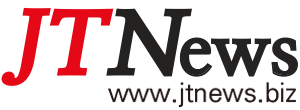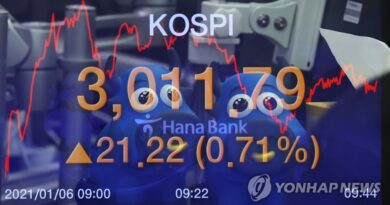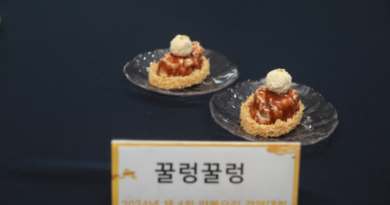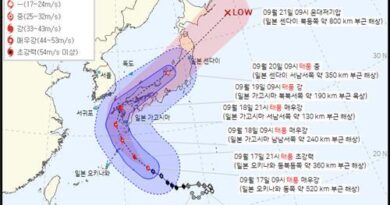(LEAD) BOK hikes policy rate by quarter point, lowers growth projection for next year
SEOUL, Nov. 24 (Yonhap) — South Korea’s central bank raised its policy rate by a quarter percentage point Thursday to tame persistently high inflation but slowed the pace of monetary tightening amid worries over high borrowing costs and their impact on economic growth.
The monetary policy board of the Bank of Korea (BOK) voted to lift the benchmark seven-day repo rate from 3 percent to 3.25 percent at this year’s last policy meeting earlier in the day.
It marked the sixth straight interest hike and the ninth increase of a combined 2.75 percentage points since August last year when the BOK began rolling back more than a year of its accommodative monetary policy intended to shore up the pandemic-hit economy.
Thursday’s move also followed October’s second-ever “big-step” 0.5 percentage-point increase.
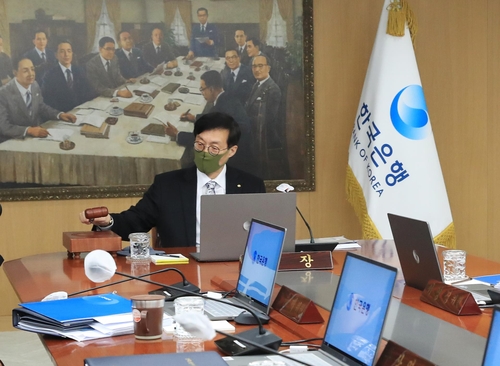
The latest decision came as South Korea is striving to tame inflation that remains stubbornly high despite a series of sharp rate hikes amid increasing signs of an economic slowdown.
Consumer prices jumped 5.7 percent last month from a year earlier, quickening from a 5.6 percent rise in the previous month. It is much higher than the central bank’s midterm 2 percent inflation target.
With inflation in mind, the BOK slowed the rate increase pace, taking into consideration the economy that is showing growing signs of slowing down in the face of mounting uncertainty at home and abroad.
The country’s exports shrank 5.7 percent in October from a year earlier, the first on-year contraction in overseas shipments in about two years. With falling exports and rising imports, it also logged a trade deficit for the seventh consecutive month in the cited month.
The Organization for Economic Cooperation and Development recently lowered its outlook for South Korea’s growth for next year from 2.2 percent to 1.8 percent.
On Thursday, the BOK lowered its 2023 growth outlook to 1.7 percent from 2.1 percent predicted three months earlier. It also revised down its inflation outlook for next year from 3.7 percent to 3.6 percent.
Adding wrinkles to the economy is lingering worries over a credit crunch sparked in the wake of an unexpected default on a municipal government-guaranteed debt raised for the construction of the Legoland theme park in the eastern province of Gangwon.
Experts say the BOK must have taken into consideration the won’s recent rebound against the U.S. dollar and resulting less upward inflation pressure from import bills when deciding to evade a harsher rate hike this time.
The BOK will keep close tabs on a rate decision by the U.S. Federal Reserve next month as a further aggressive increase could widen the rate gap between the two countries and prompt money to leave in pursuit of higher returns in the U.S.
Early this month, the Fed hiked its federal funds rate by 0.75 percentage point — the fourth straight “giant-step” increase — to a target range of 3.75 percent to 4 percent. It is widely expected to raise the rate further at its last policy meeting next month.
The Fed is expected to push for less hawkish action next month as indicated by the minutes of its November rate-setting meeting disclosed overnight, in which many monetary policymakers favored slowing the pace of tightening.
The BOK’s next rate-setting meeting is scheduled for Jan. 13.




